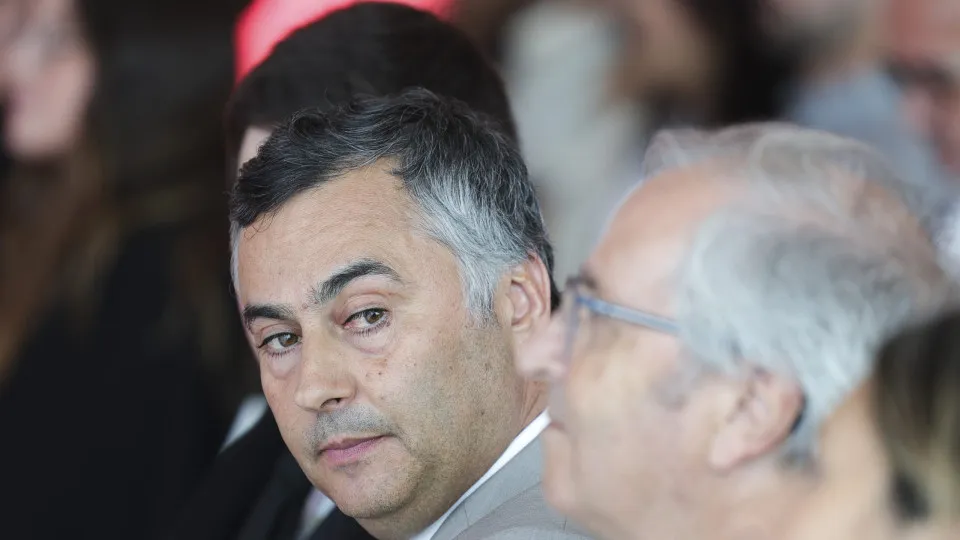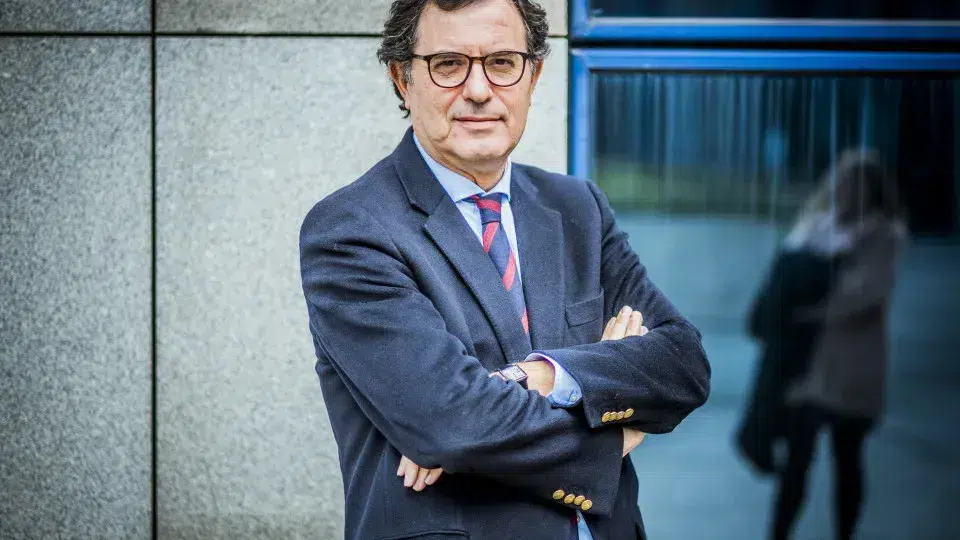
A transnational operation, including searches in Portugal, has thwarted a cryptocurrency fraud that since 2018 has allegedly defrauded over 100 people in Europe of at least 100 million euros, Eurojust announced on Tuesday.
Concerning the part of ‘Operation Araña’ conducted in Portugal, the Polícia Judiciária (PJ) reported today that nine searches and one arrest were made in compliance with a European arrest warrant. The suspect was presented to the Court of Appeal in Lisbon and is currently awaiting extradition to Spain.
The PJ further stated that among the identified victims, more than one million euros of damages were in Portugal.
In Portugal, the PJ added that, in addition to other evidence, six properties located in Greater Lisbon were seized — three apartments and three houses — along with three high-end vehicles, one motorcycle, five Rolex watches, one Hublot watch, 15 high-value paintings, and around 20,000 euros in crypto assets.
According to the PJ, the fraudulent scheme involved creating websites to convince potential investors, individuals, that they could achieve high returns on virtual assets (cryptocurrency) through digital platforms.
“However, in reality, they were not making any investment but simply transferring money to various accounts in Lithuania, held by third parties, whose sole intention was to appropriate the funds deposited there through these fraudulent means,” explained the PJ.
The PJ’s note further stated that “many of the scams were perpetrated in Portugal,” with the transferred amounts moved to countries like Lithuania and then again to other countries, such as Portugal, Spain, the United Kingdom, and Bulgaria, among others.
The police operation was conducted jointly among Portugal, Spain, Bulgaria, and Lithuania, supported by Europol and Eurojust.
The operation involves charges of organized crime, money laundering, and aggravated fraud.
The scheme spanned 23 countries, including locations where funds were diverted and where victims reside, and the main suspect, one of five detained in the entire operation, is suspected of large-scale fraud and money laundering.
Eurojust’s coordination of the investigation was requested by Portugal and Spain, two of the countries where searches also occurred.
In Portugal, the operation involved the participation of the Central Department of Investigation and Penal Action (DCIAP) of the Public Ministry, the PJ, and the Central Court of Criminal Investigation.




